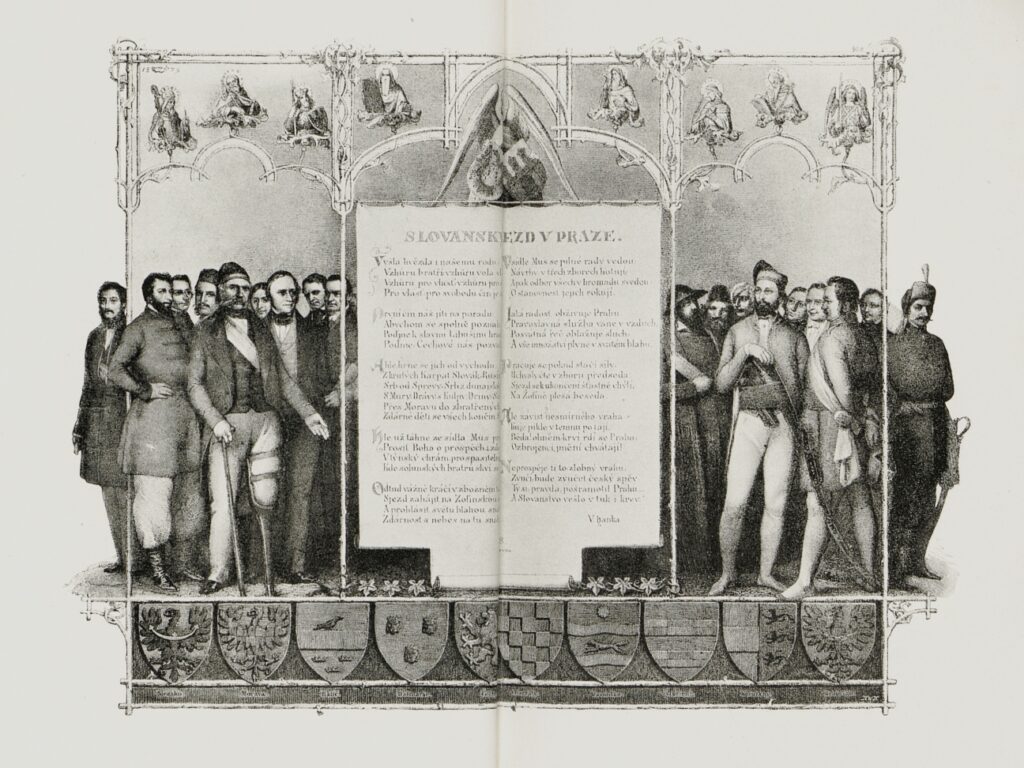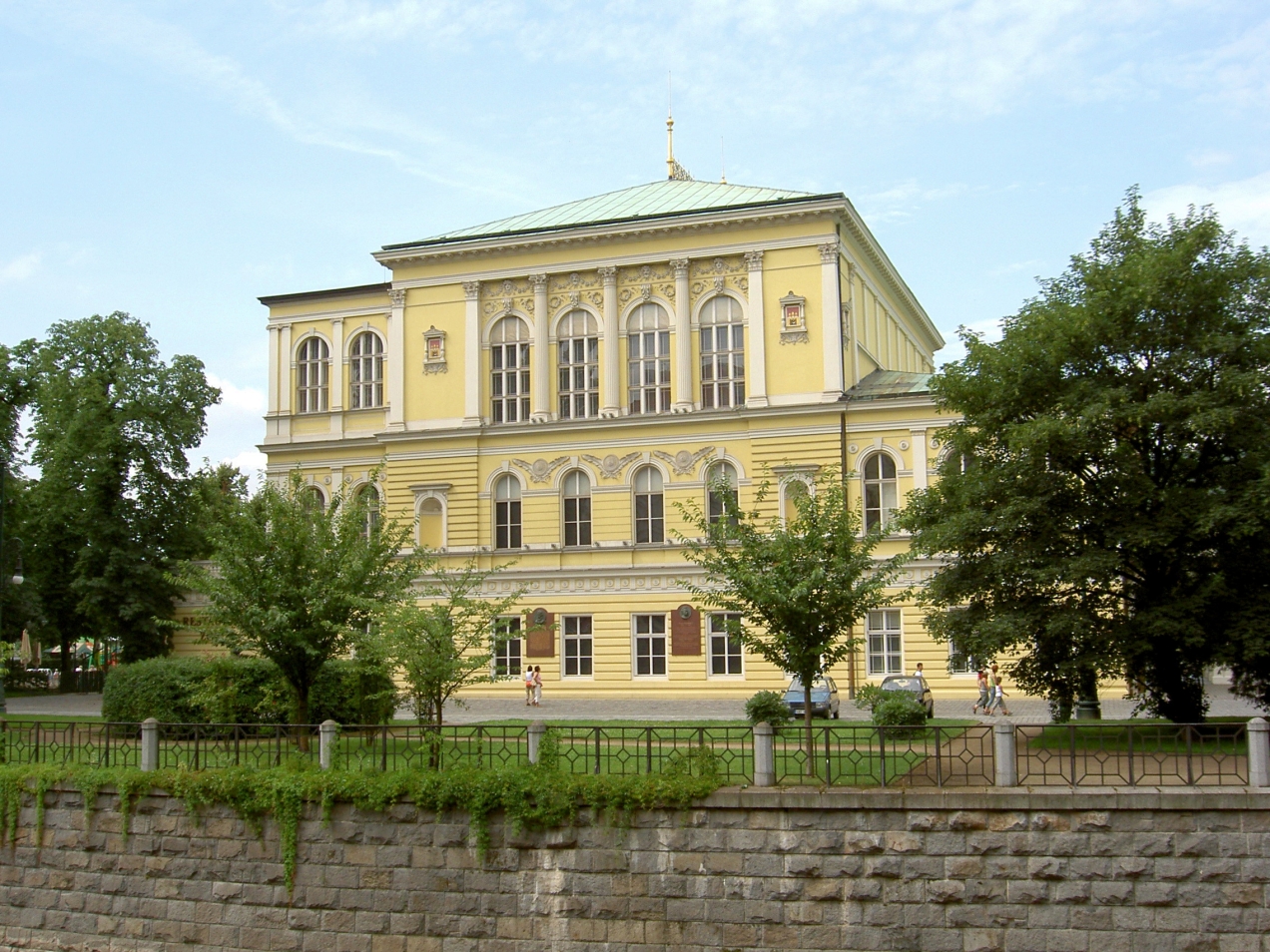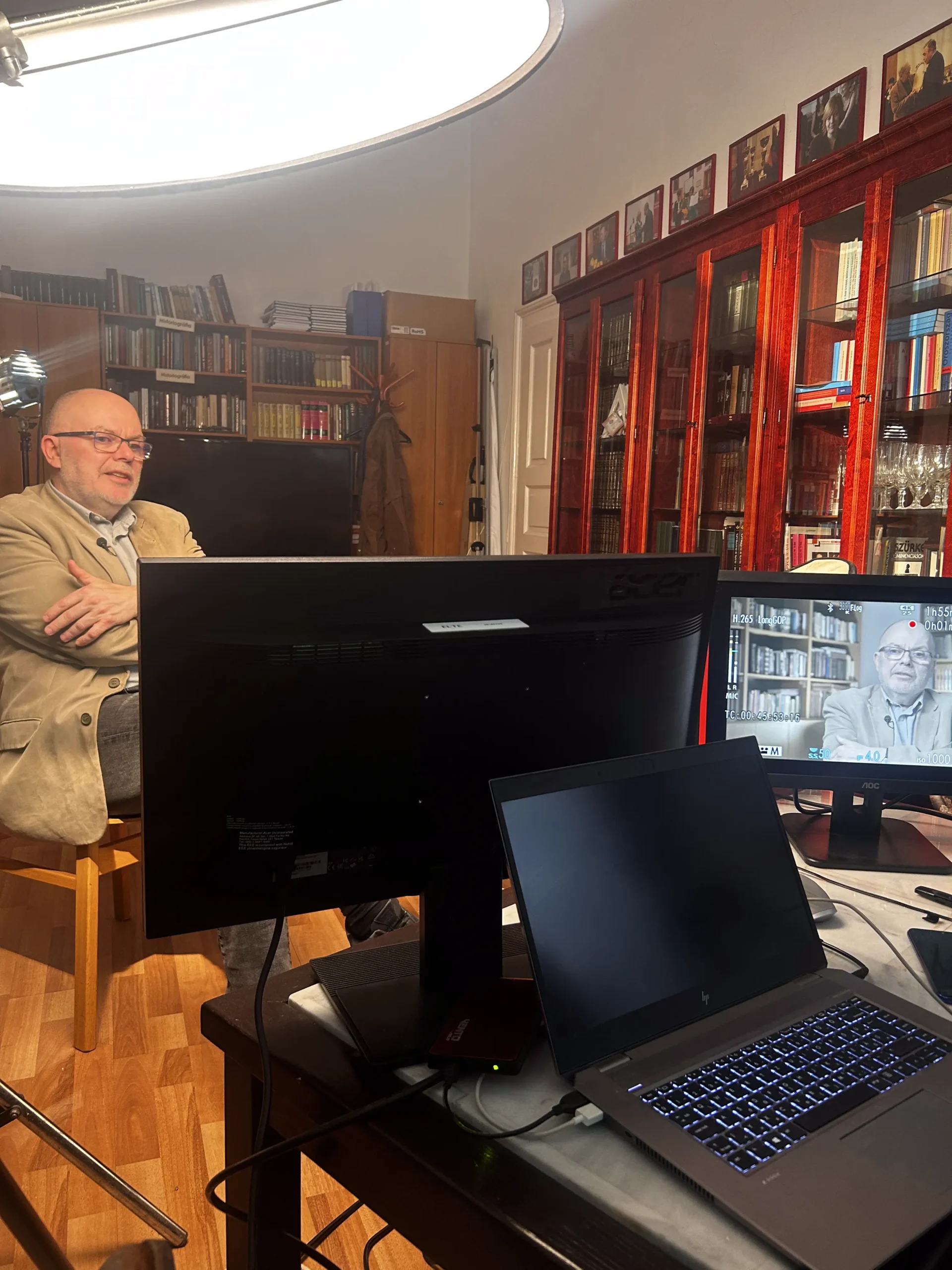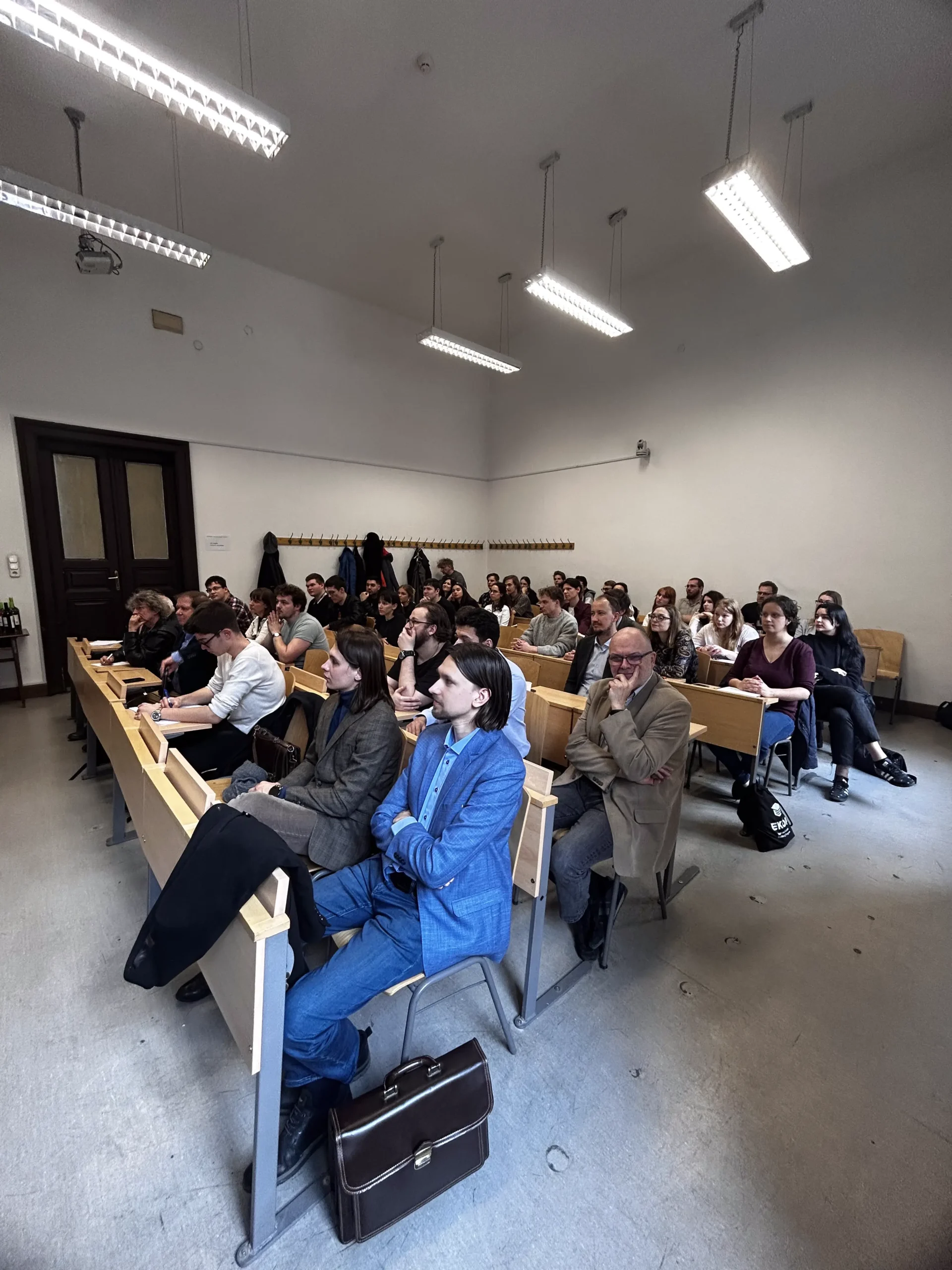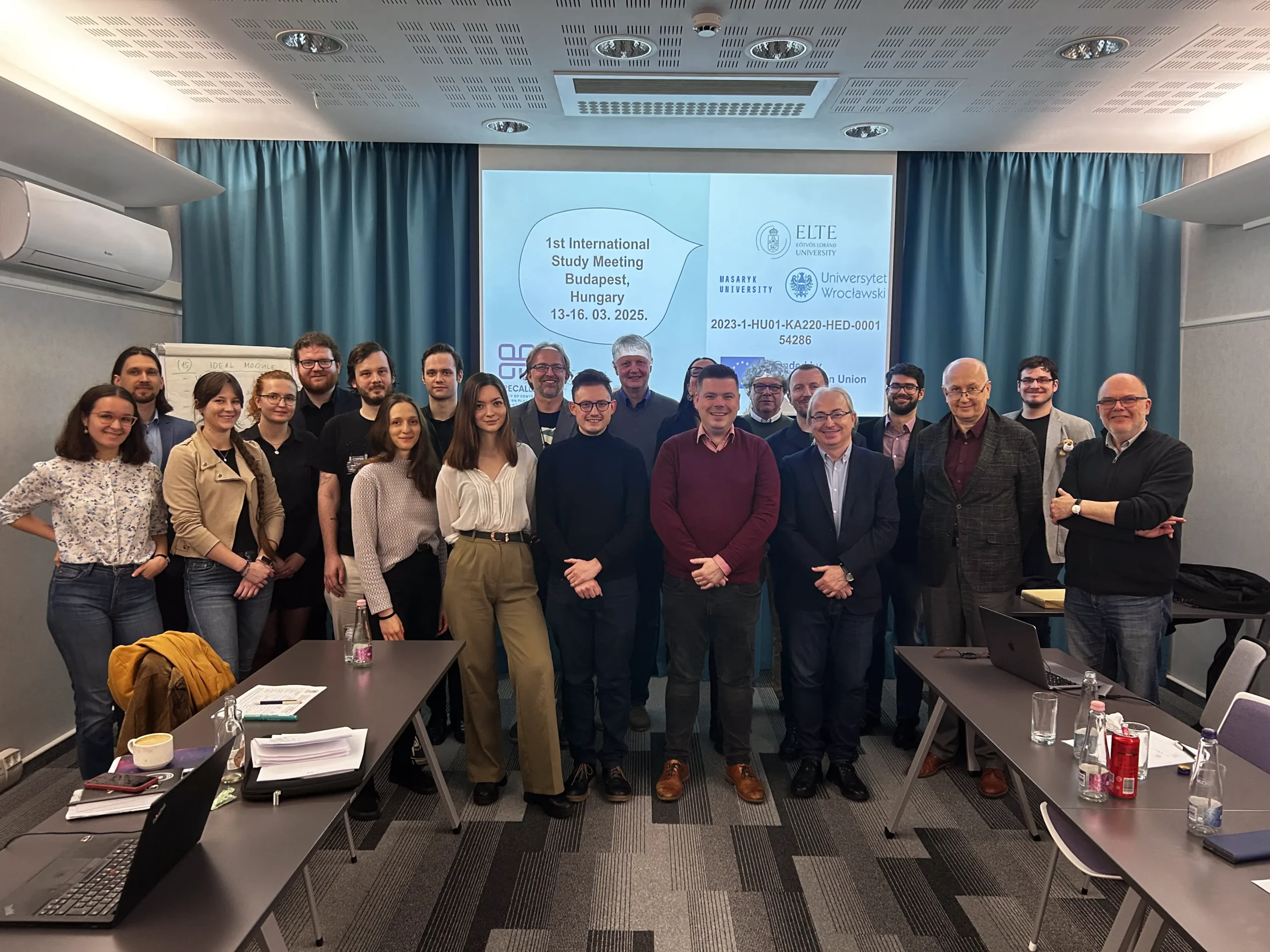The Slavic Congress – Prague
Fact of the Czech figure „The Birth of a Political Nation”
Part of the „Revolutions of 1848″ topic
The revolution provided an opportunity for ideas about the future organisation of Europe to surface. The romantic notion of Slavic brotherhood also appeared in the sphere of political plans. However, visions of Slavic cooperation were not unanimous.
The idea of cooperation among Slavs within a federalised Austria, known as Austroslavism, was supported by many liberal Czech politicians such as František Palacký and Karel Havlíček Borovský. The alternative advocating for the unification of all Slavic nations was Pan-Slavism. A portion of Pan-Slavs envisioned a future for the Slavs under Russian leadership. The event that represented the manifestation of Austroslavist sentiment within the Habsburg monarchy in 1848 was the Slavic Congress, held in June 1848 on the island of Žofín (later also called Slavic Island after the event) in Prague.
However, the Congress was suffered from significant ideological fragmentation and, before it was interrupted by revolutionary unrest, managed only to agree on and draft a manifesto demanding equality for Slavs within Europe. In the second half of the 20th century, the Czechoslovak Communists appropriated both the Slavic and Pan-Slavic ideas to support cooperation with the Soviet Union. However, aside from mentions in history books, the Slavic Congress is today a largely forgotten event within Czech collective memory.
